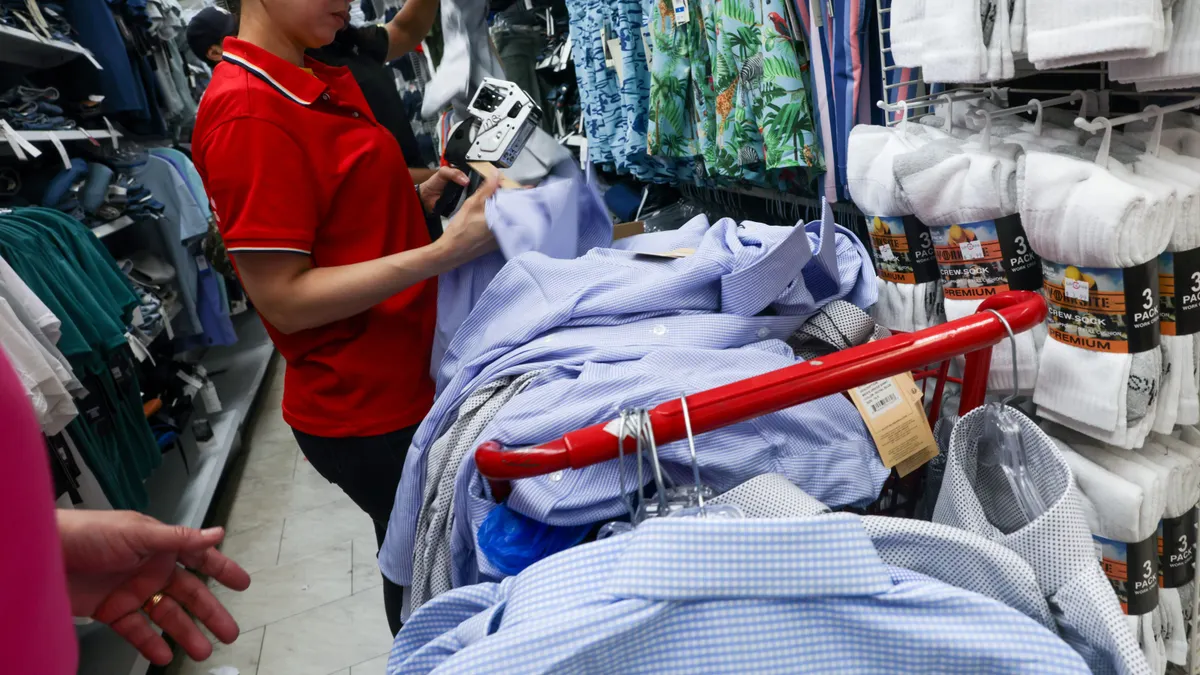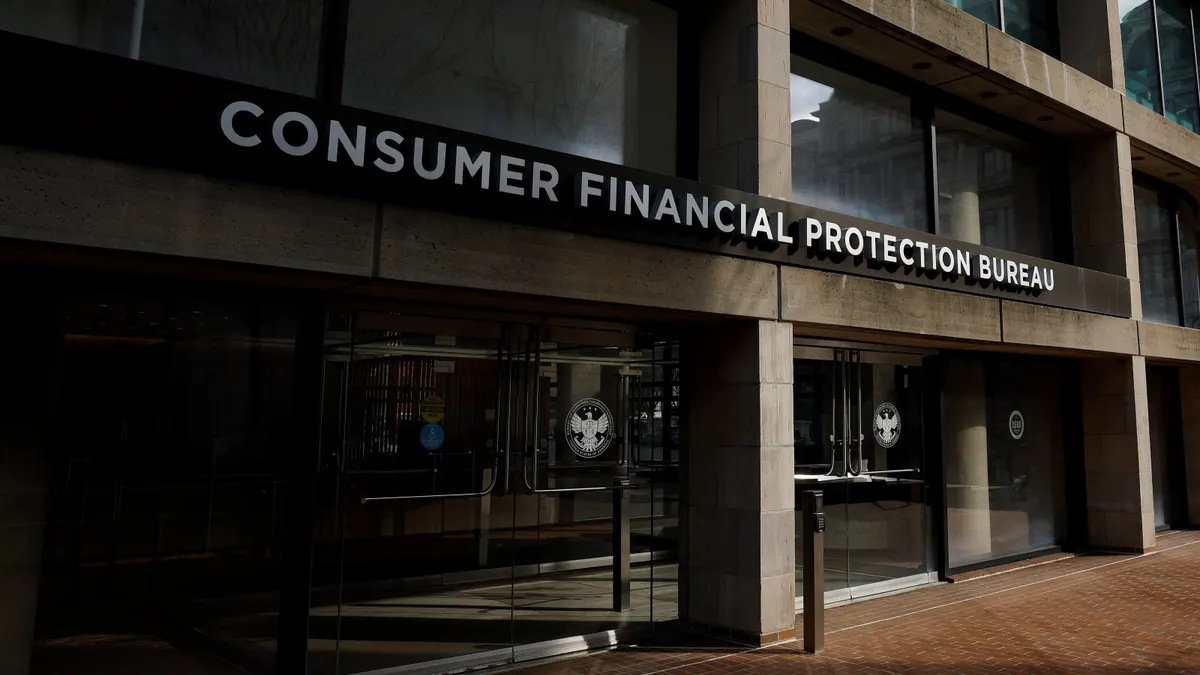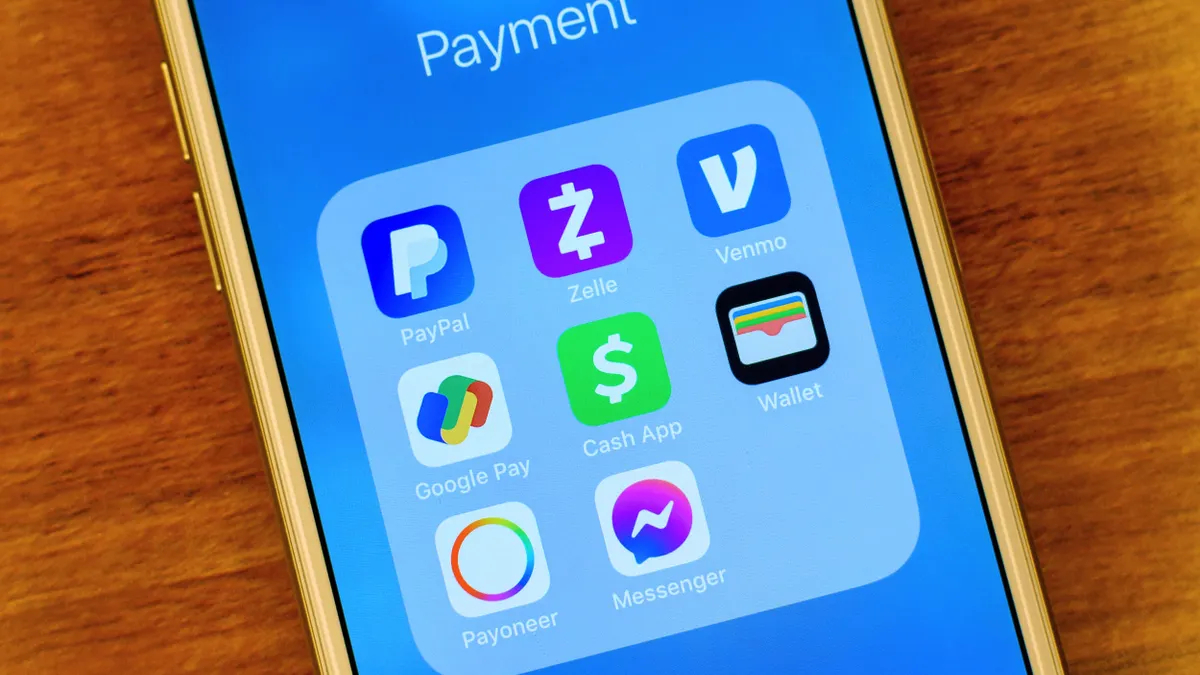A federal judge in Maryland has ruled against the earned wage access player Activehours, also known as EarnIn, in a court decision that said the company is subject to state and federal lending laws.
U.S. District Judge Julie Rubin this month declined to grant the company’s motion to dismiss the case brought last year by users of EarnIn’s on-demand pay services. The lawsuit filed by three consumer plaintiffs seeks class action status.
EarnIn argued that it doesn’t provide loans and doesn’t charge interest and therefore shouldn’t be subject to the Maryland Consumer Loan Law or the federal Truth in Lending Act.
Rubin ruled otherwise in her Aug. 8 decision in the U.S. District Court for Maryland.
“Plaintiffs sufficiently allege that EarnIn is in the business making loans subject to MCLL without the requisite license,” Rubin wrote in the decision. “Neither the cases Defendant relies upon nor the plain language of the statute persuades this court that Plaintiffs fail to plausibly allege EarnIn is in the business of making loans within the framework captured by MCLL.”
Rubin came to a similar determination with respect to the applicability of the TILA and its related Regulation Z pertaining to the definition of credit, finding EarnIn is covered by the term.
EarnIn is one of dozens of companies that have sprung up in the past decade offering services that allow workers, mainly those making hourly wages, to tap their earned pay before a regularly scheduled employer payday. Some of the companies offer services directly to workers, while others go through employers, via various business models.
The Attorney General for the District of Columbia also sued EarnIn late last year, alleging the company engaged in unlawful lending and deceptive advertising.
In a wide-ranging interview last week, the company’s CEO, Ram Palaniappan, sidestepped commenting directly on the Washington AG’s lawsuit. “The key thing is that the product is good for consumers, and we have the data that backs that,” Palaniappan said in the interview.
In response to the ruling, a spokesperson for the company said EWA is fixing a system that delays payments to workers in a way that is "distinct from lending." “Workers should not have to wait until payday to access wages they’ve already worked for," the spokesperson said in response to the ruling. "EarnIn provides timely access to wages with a no cost option."
The consumer lawsuit in Maryland isn’t the only one EarnIn has faced. The company has faced similar consumer lawsuits in federal court in California and Pennsylvania. The judge relied on some determinations in the federal case in California and diverged from some in Pennsylvania, saying the cases differed.
Two of EarnIn’s EWA competitors, DailyPay and MoneyLion, were sued in April by New York Attorney General Letitia James, who alleged that those two companies took “advantage of tens of thousands of New Yorkers with illegal high-interest loans.”
States may be increasing their oversight in the wake of the Consumer Financial Protection Bureau under the Trump administration this year backing off new EWA regulations that were proposed by the Biden Administration. Last year, the CFPB proposed interpretive rules to subject EWA service providers to lending laws and began doing so in January.
The CFPB’s oversight in the area is flagging as Trump moves to cut the agency’s workforce and whittle its mission.
In seeking to dismiss the Maryland lawsuit, EarnIn argued that it’s not a traditional lender because it doesn’t charge interest or other fees associated with loans; it doesn’t require repayment of the cash advances; and it has no recourse if users decide not to repay the advance.
Nonetheless, Rubin pointed out that as a requirement of receiving the service, consumers must download the company’s app and agree to its terms, including connecting the app to an account that receives payments from the worker’s employer.
The judge also said that when workers pay fees to receive the advances within minutes, as opposed to waiting for days, the fees can plausibly be considered to be interest on the advances because EarnIn advertised instant access to payments for free. Rubin came to a similar determination regarding EarnIn’s requested tips, which she noted are hard for consumers to avoid paying when using the app.
“Plaintiffs plausibly allege that the lightning speed fees and tips are loan fees or service charges directly or indirectly imposed by EarnIn,” the ruling said.
On the flip side, Rubin granted EarnIn’s request to dismiss a claim under the Maryland Consumer Protection Act, saying the plaintiffs didn’t sufficiently argue they relied on specific misrepresentations from the company. As a result, the judge dismissed that claim.





















